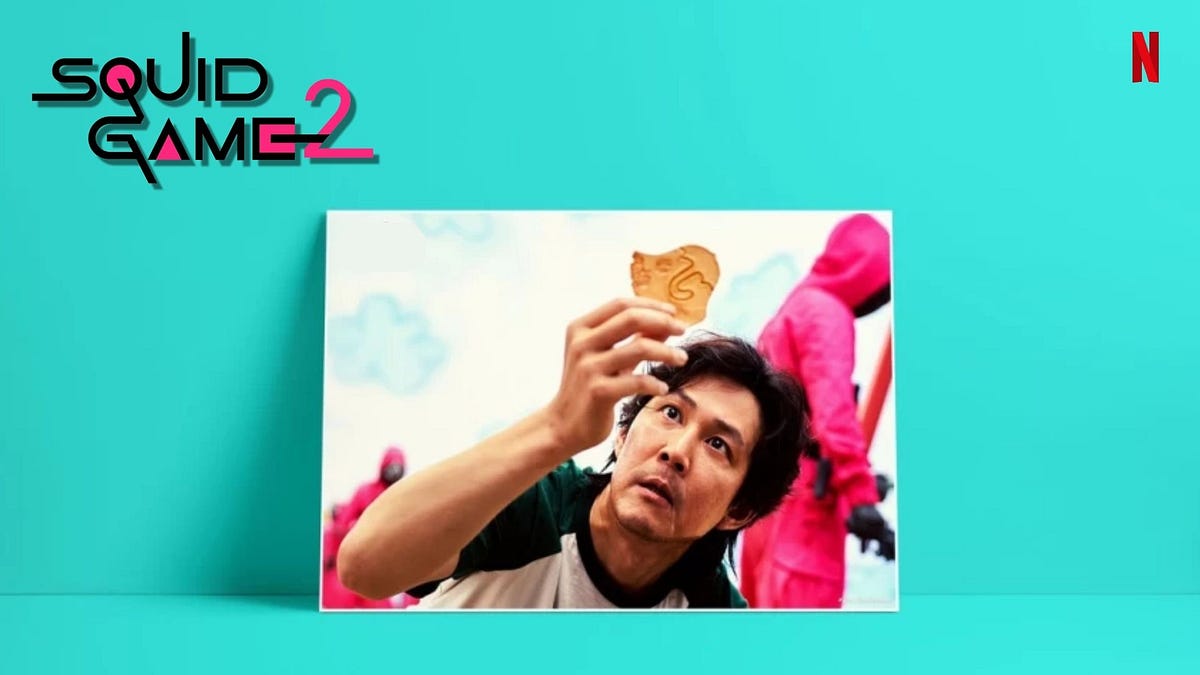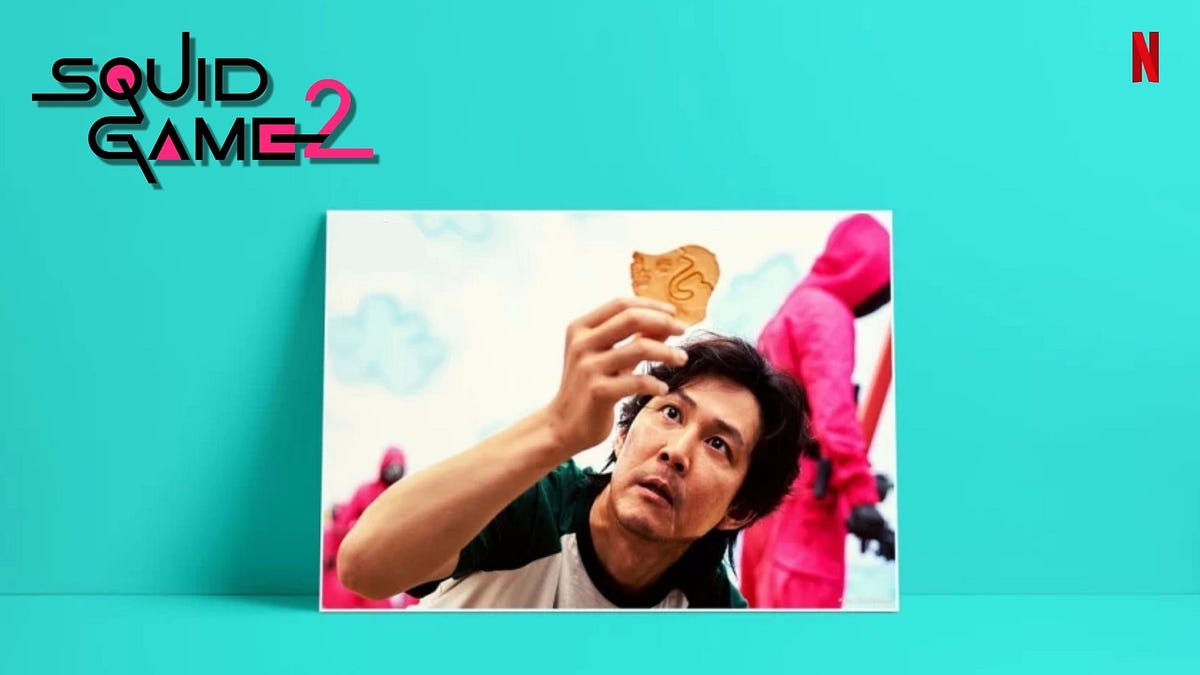Squid Game 2 ending left fans buzzing! This analysis explores the character arcs, game mechanics, and overarching themes that shaped the season’s conclusion. We’ll dissect the evolution of the organization, compare the games to the first season, and interpret the final scenes, examining the prevalent themes of societal inequality and human nature. Get ready for a detailed look at what made this ending so impactful.
So, you’re curious about the Squid Game 2 ending? It’s shaping up to be a wild ride, possibly even more chaotic than the first season. Some fans are already drawing comparisons to the unpredictable power of, say, a certain purple-gloved villain, and you can check out some interesting theories connecting the two by looking at this article on squid game thanos.
Ultimately, though, the Squid Game 2 ending will likely depend on the new players and their individual motivations, making it truly unpredictable.
We’ll cover everything from Gi-hun’s journey and the motivations of new players to the symbolism within the games and the organization’s evolving strategies. We’ll also compare the narrative structure and pacing of season two to the original, highlighting key plot twists and their impact. This deep dive promises to answer your burning questions and leave you with a fresh perspective on the controversial finale.
Squid Game 2 Ending: A Deep Dive

The ending of Squid Game season 2, while shrouded in mystery prior to its release, undoubtedly left a lasting impact. This analysis will dissect key aspects of the conclusion, examining character development, game design, the evolving organization, thematic interpretations, and narrative structure.
Okay, so you’re wondering about the Squid Game 2 ending? It’s all speculation right now, but one thing that’s got people talking is how it might connect to the previous season’s characters. For instance, check out this article on young mi squid game to see how her fate could influence things. Her survival, or lack thereof, might play a big part in shaping the overall narrative of Squid Game 2’s conclusion.
Gi-hun’s Character Arc and New Player Motivations
Gi-hun’s journey from a debt-ridden, desperate individual in season one to the ending of season two reveals a complex evolution. While season one showed his struggle for survival and subsequent moral awakening, season two likely depicts his attempts at redemption and confronting the systemic issues that drove him to participate in the games. His motivations are now intertwined with stopping the games, fueled by the trauma and loss he experienced.
New players, introduced in season two, likely represent a diverse range of socioeconomic backgrounds and personal struggles, mirroring the desperation that fuels participation in the games. Their individual motivations would intersect with Gi-hun’s mission, potentially creating alliances or conflicts depending on their personal goals and moral compasses. The emotional journey of these new players will undoubtedly resonate with the emotional arcs of characters like Sang-woo and Ali from season one, showcasing the universality of desperation and the human cost of systemic injustice.
Comparative Analysis of the Games
The games in Squid Game season two’s ending would likely maintain the unsettling simplicity and brutal efficiency of season one’s games, while also incorporating technological advancements and innovative design. Perhaps the final game(s) involve a complex, multi-stage challenge requiring strategic alliances and betrayals, mirroring the real-world complexities of social and economic competition. The symbolism within these games could be more overt, potentially highlighting the manipulative nature of capitalism or the dehumanizing effects of societal structures.
For instance, a game centered around resource scarcity could directly reflect the socioeconomic disparities exploited by the organization. Season two might introduce augmented reality elements or sophisticated technological traps, increasing the stakes and showcasing the organization’s ever-growing resources and technological prowess.
The Organization’s Evolution and Leadership

The organization’s evolution from season one to season two would likely involve a consolidation of power, perhaps driven by a desire to streamline operations or to adapt to Gi-hun’s interference. The Front Man’s motivations, possibly fueled by a complex blend of ambition, loyalty, and perhaps even a twisted sense of justice, will likely be further explored. Recruitment strategies might become more sophisticated, targeting specific vulnerabilities or leveraging social media and technology to reach a wider pool of potential players.
The organization’s relationship with the outside world would likely be more overt, possibly hinting at collusion with powerful figures or institutions, solidifying the organization’s reach and influence. The ending might showcase the organization’s attempt to maintain control in the face of Gi-hun’s determined opposition, highlighting the enduring power of systemic corruption.
Themes and Interpretations of the Ending
The final scene(s) likely offer a poignant reflection on the enduring nature of societal inequality and the resilience of the human spirit. The prevalent themes of desperation, the corrupting influence of power, and the complex nature of human morality would continue to be explored, perhaps with a focus on the long-term consequences of the games and their impact on society.
| Theme | Season 1 | Season 2 | Comparison |
|---|---|---|---|
| Social Inequality | Explicitly shown through player backgrounds | Potentially explored through broader societal implications | Expanded scope, moving beyond individual stories to systemic critique |
| Desperation and Survival | Central to individual player motivations | Potentially explored through the organization’s manipulation | Shift from individual to systemic manipulation |
| Human Nature | Revealed through choices under pressure | Examined through responses to systemic oppression | Shift from individual morality to collective action |
| Hope and Redemption | Glimmers of hope amidst despair | Potentially realized through collective resistance | Shift from individual redemption to collective change |
A visual representation of the ending could depict a stark contrast between a desolate, game-ridden landscape representing the organization’s control and a small, flickering flame symbolizing the persistent hope for change embodied by Gi-hun and his allies. The flame could be surrounded by shattered game pieces, representing the destruction of the oppressive system, and the shadows of the players, illustrating the enduring impact of the games on their lives.
The organization’s symbol, perhaps a stylized version of a game piece or a distorted representation of a societal structure, could loom large in the background, highlighting its enduring influence even amidst attempts at dismantling it.
Narrative Structure and Pacing, Squid game 2 ending

The pacing in season two’s lead-up to the ending would likely be more deliberate, allowing for deeper exploration of character arcs and thematic development. Plot twists, while present, might be more nuanced and subtly woven into the narrative, building suspense rather than relying on sudden shocks. The effectiveness of these twists would depend on their contribution to the overall thematic coherence and emotional impact of the story.
The narrative structure might mirror the cyclical nature of oppression, with a final confrontation that, while potentially resolving some conflicts, leaves the audience with a lingering sense of the enduring nature of the challenges faced.
So, you’re wondering about the Squid Game 2 ending? It’s all speculation right now, but some theories are flying around faster than, well, a plane. I even saw some crazy stuff on a Reddit thread about a korean plane crash reddit – completely unrelated, I know, but it got me thinking about how unpredictable things can get.
Anyway, back to Squid Game 2; I bet the ending will be just as shocking!
- Gi-hun’s initial attempts to expose the organization.
- Recruitment and training of new players.
- The unfolding of the games in season two.
- Gi-hun’s strategic alliances and conflicts.
- The final confrontation with the organization.
- The ambiguous resolution and lingering questions.
Compared to season one’s ending, which left a sense of immediate aftermath, season two’s conclusion might offer a more complex and nuanced resolution, focusing on the long-term consequences of the games and the ongoing struggle against systemic oppression. While season one concluded with a cliffhanger, season two might provide a more definitive (though potentially open-ended) conclusion, allowing for thematic resolution while also leaving room for future narrative possibilities.
Final Thoughts

Ultimately, Squid Game 2’s ending offers a complex and thought-provoking conclusion, raising more questions than it answers. While the character development and game mechanics are compelling, it’s the exploration of societal themes and the ambiguous final scene that truly sticks with you. This analysis aimed to provide a comprehensive understanding of the season’s finale, encouraging viewers to contemplate the deeper meaning behind the violence and spectacle.
The legacy of Squid Game continues, prompting discussion and analysis for years to come.
Popular Questions
Will there be a Squid Game 3?
Netflix hasn’t officially announced a third season, but given the show’s popularity, it’s certainly a possibility.
What happened to the Front Man in the ending?
That’s a key question with no easy answer. The ending leaves his fate ambiguous, open to interpretation.
Did Gi-hun actually stop the games?
The ending suggests he tried, but whether he succeeded is unclear. The organization’s power and reach remain significant.
